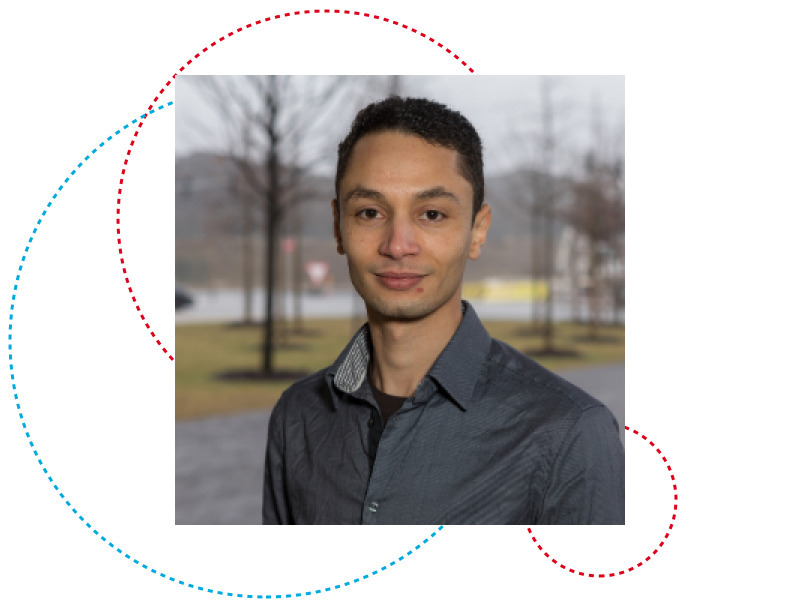Please click on this link to register and connect to the online PhD defense.
Please note that the public part of the defense starts at 15:30,use the above-mentioned link to join the event.
You may need to wait some moments until the conference e-room opens to the public.
Members of the defense committee:
Chairman: Prof. Dr Jacques KLEIN, University of Luxembourg
Deputy Chairman: Prof. Dr-Ing Lionel Claude BRIAND, University of Luxembourg
Supervisor: A-Prof. Dr Mehrdad SABETZADEH, University of Luxembourg
Member: A-Prof. Dr Travis BREAUX, Canegie Mellon University
Member: Dr Jennifer HORKOFF, University of Gothenburg
Expert : Dr Chetan ARORA, Deakin University
Abstract:
Information systems in several regulated domains (e.g., healthcare, taxation, labour) must comply with the applicable laws and regulations. In order to demonstrate compliance, several techniques can be used for assessing that such systems meet their special ed legal requirements. Since requirements analysts do not have the required legal expertise, they often rely on the advice of legal professionals. Hence, this paramount activity is expensive as it involves numerous professionals. Add to this, the communication gap between all the involved stakeholders: legal professionals, requirements analysts and software engineers. Several techniques attempt to bridge this communication gap by streamlining this process. A promising way to do so is through the automation of legal semantic metadata extraction and legal requirements elicitation from legal texts. Typically, one has to search legal texts for the relevant information for the IT system at hand, extract the legal requirements entailed by these legal statements that are pertinent to the IT system, and validate the conclusiveness and correctness of the nalized set of legal requirements.
Nevertheless, the automation of legal text processing raises several challenges, especially when applied to IT systems. Existing Natural Language Processing (NLP) techniques are not built to handle the peculiarities of legal texts. On the one hand, NLP techniques are far from perfect in handling several linguistic phenomena such as anaphora, word sense disambiguation and delineating the addressee of the sentence. Add to that, the performance of these NLP techniques decreases when applied to foreign languages (other than English). On the other hand, the legal text is far from being identical to the formal language used in journalism. We note that the most prominent NLP techniques are developed and tested against a selection of newspapers articles. In addition, the legal text introduces cross-references and legalese that are paramount to proper legal analysis. Besides, there is still some work to be done concerning topicalization, which we need to consider for the relevance of legal statements.
Existing techniques for streamlining the compliance checking of IT systems often rely on code-like artefacts with no intuitive appeal to legal professionals. Subsequently, one has no practical way to double-check with legal professionals that the elicited legal requirements are indeed correct and complete regarding the IT system at hand. Further, manually eliciting the legal requirements is an expensive, tedious and error-prone activity. The challenge is to propose a suitable knowledge representation that can be easily understood by all the involved stakeholders but at the same time remains cohesive and conclusive enough to enable the automation of legal requirements elicitation.
In this dissertation, we investigate to which extent one can automate legal processing in the Requirements Engineering context. We focus exclusively on legal requirements elicitation for IT systems that have to conform to prescriptive regulations. All our technical solutions have been developed and empirically evaluated in close collaboration with a government entity.
